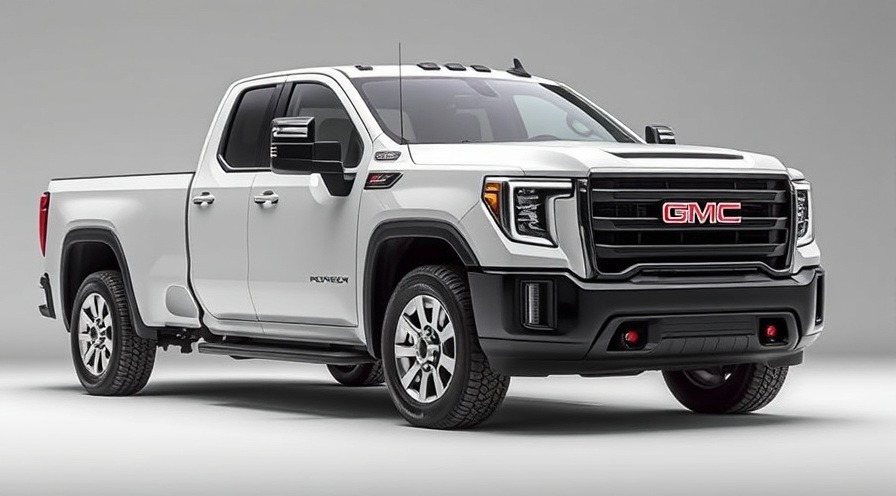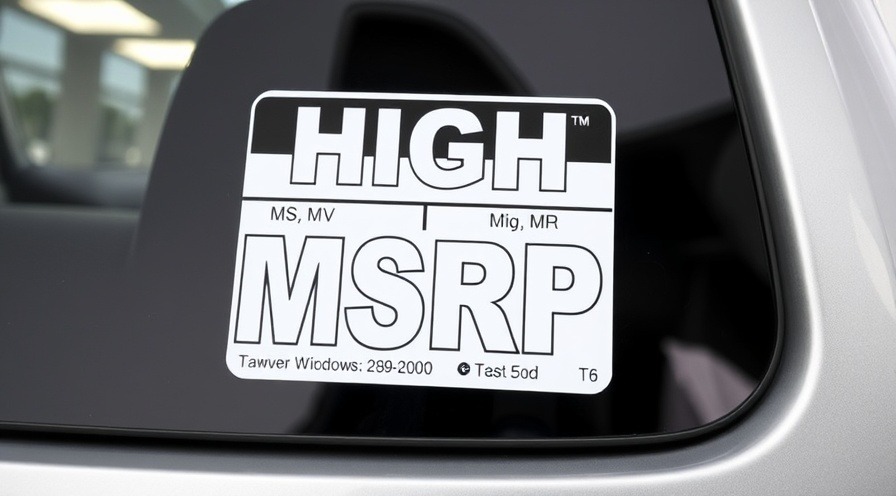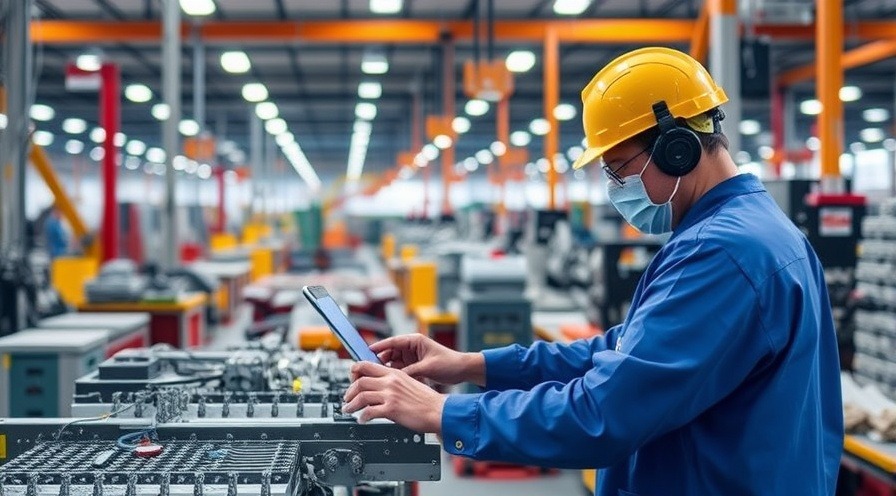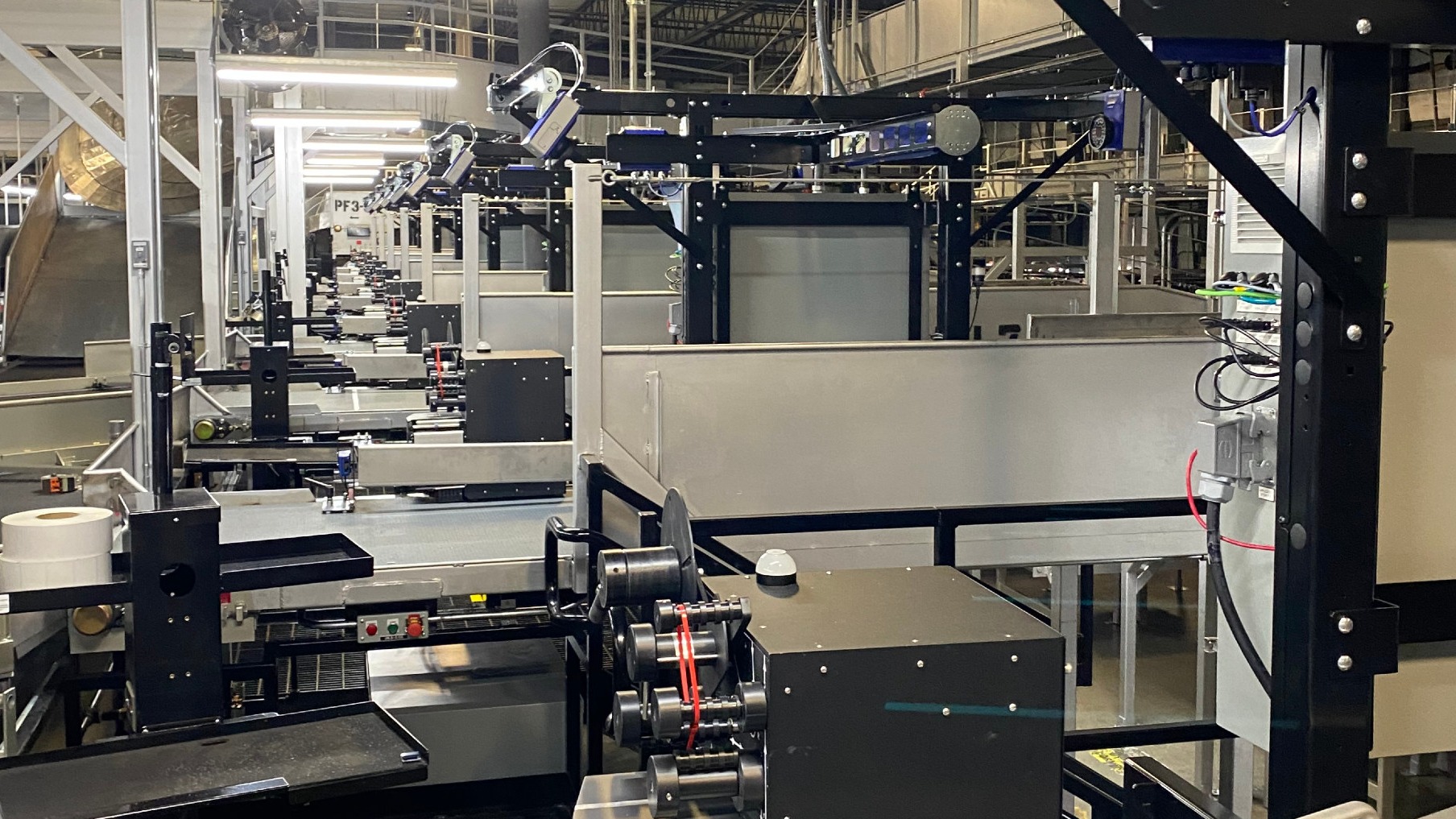
We have decided to approach this article a bit differently because of it's importance. We have scoured the internet for news articles that relate to the impact the new 25 percent tariffs will have on the automotive industry and respond to them directly. We encourage you to do the same.
Every knows that the new tariffs imposed by President Trump on Canada and Mexico will commence on 04/02/2025. These tariffs will impact imported cars and trucks and is poised to significantly impact the U.S. Automotive industry, particularly the "Big Three" automakers: General Motors (GM), Ford, and Stellantis.WSJ
Increased Vehicle Costs and Consumer Impact
The tariffs are expected to raise vehicle prices substantially. Analyses suggest that the average cost of imported vehicles could increase by approximately 11-12%, translating to thousands of dollars added to the price of a new car. For instance, economist Arthur Laffer warns that these tariffs could add around $4,711 to the cost of a vehicle. WSJAP News
Such price hikes may lead to decreased consumer demand, as higher costs could deter potential buyers, especially for models that are primarily imported. This scenario poses challenges for automakers in maintaining sales volumes and market share.
TSS Take:
Our research shows that potential car buyers are already deterred because most new car prices are already well outside of the price range that most Americans. So in reality the new tariffs won't make much of a difference as far as the prices go. For example the average price of a 2024 GMC Denali or a Ford Expedition can exceed $100K depending on the model and how it's outfitted. This is a significant increase in price of the same models from just five years ago.
Also, there are currently dealerships across the U.S. that have new models that date back to 2023 which cannot be sold due to high MSRP. This situation puts dealerships in a pretty bad position since they still have to pay for those vehicles that sit on their lots unsold. We agree that in the short term the new tariffs will not help to aleve the the situation but it surely is not the cause of the problem. High prices in the automotive industry despite outsourced parts and labor have existed will before the tariffs are even in effect, so the solution to this issue obviously originates at the source and the dealer add-ons to the MSRP's.

Profit Margin Compression for Automakers
The tariffs are likely to compress profit margins for U.S. automakers. Companies like GM and Ford, which generate less than $4,000 profit per vehicle, may struggle to absorb the increased costs without passing them on to consumers. Analysts estimate that the tariffs could increase car costs by $5,000 to $10,000, significantly impacting profitability. Barron's
TSS Take:
As indicated before, the problem originates at the source. Manufacturer's will have to justify how they are only able to generate $4000 profit from a pickup truck or SUV that cost consumers $100K.
Supply Chain Disruptions
The North American automotive industry relies on a deeply integrated supply chain across the U.S., Canada, and Mexico. Tariffs disrupt this network by increasing costs for parts and vehicles that cross borders multiple times during production. This disruption could lead to production delays and increased operational costs as companies navigate the new trade landscape. ML Vehicle
TSS Take:
It's important to keep in mind that as a result of NAFTA, American car manufacturers began outsourcing labor to other countries in the 1970s and 1980s, primarily due to rising labor costs, globalization, and competition from Japanese automakers. This however comes with both advantages and disadvantages
Here are some of the Pro's and Con's of outsourcing American Manufacturing

✅ Pros of Outsourcing Manufacturing
1. Cost Savings 💰
Lower labor costs in countries like Mexico, China, and India reduce production expenses.
Avoiding high U.S. wages, benefits, and union demands increases profitability.
2. Increased Efficiency ⚙️
Specialized overseas factories can mass-produce goods faster and at a lower cost.
Companies can focus on design, R&D, and innovation while outsourcing production.
3. Global Supply Chain Access 🌎
Access to cheaper raw materials and advanced manufacturing hubs (e.g., China’s electronics sector).
Better logistics and distribution networks in key international markets.
4. Competitive Pricing for Consumers 🏷️
Lower production costs allow for more affordable products, benefiting consumers.
Helps companies compete with foreign brands that already have low-cost production.
5. Business Flexibility 🔄
Companies can scale production up or down depending on market demand.
Outsourcing reduces the need for long-term capital investment in factories.

❌ Cons of Outsourcing Manufacturing
1. Job Loss in the U.S. (🇺🇸a)
Loss of millions of American manufacturing jobs, particularly in Midwest industrial states.
Decline of entire industries in the U.S., severely affecting local economies.
2. Quality Control Issues ⚠️
Lower oversight on production can lead to defective or low-quality products.
Difficulty in enforcing safety and labor standards overseas.
3. Supply Chain Vulnerability 🚢
Delays and disruptions (e.g., COVID-19, geopolitical conflicts, shipping bottlenecks).
Dependence on foreign suppliers increases risk during crises.
New Presidential Administration, Congress and Senate
4. National Security & Economic Dependence 🔒
Outsourcing critical industries (e.g., semiconductors, pharmaceuticals) can be a security risk.
Loss of industrial self-sufficiency can make the U.S. vulnerable in trade wars.
Can place the U.S. in a very bad position in the event of a world war.
5. Ethical Concerns 🏭
Some outsourced factories exploit cheap labor, violate human rights, or ignore environmental laws.
Companies face backlash for using sweatshops or polluting overseas.
Potential Strategic Shifts:
In response to these tariffs, automakers might consider reshoring production to the U.S. to mitigate tariff impacts. However, such moves involve significant capital investment and time to establish new manufacturing facilities or retool existing ones. Additionally, higher domestic production costs could offset some benefits of avoiding tariffs. CBS News
TSS Take:
It's our humble belief that no more than 30 percent of a companies manufacturing capabilities should be outsourced overseas and this percentage should only include non-technical, non-complex components. This will keep any company in a good position to re-staff and re-tool their parts facilities in the event of a war, geo-political issue or a new administration or congress. It's important to always plan ahead.
Market Reactions and Investor Sentiment:
The announcement of tariffs has already influenced investor behavior, with shares of major automakers experiencing declines due to concerns over increased costs and potential profit erosion. For example, Ford, GM, and Stellantis saw their shares drop following the tariff news, reflecting market apprehension about the industry's financial outlook. Barron's

TSS Take:
The good news is that stock and money markets are typically news driven and will return to equilibrium once manufacturers adapt or re-shore productions in response to the tariffs.
Conclusion:
President Trump's new tariffs may introduce significant short term challenges for the Big Three U.S. automakers, which may affect vehicle pricing, profit margins, supply chains, and strategic planning. The full extent of these impacts will depend on how these companies adapt to the changing trade environment and whether further policy adjustments occur.
This a very important issue and we would love to hear you thoughts on the matter.
 Add Row
Add Row  Add
Add 




Write A Comment